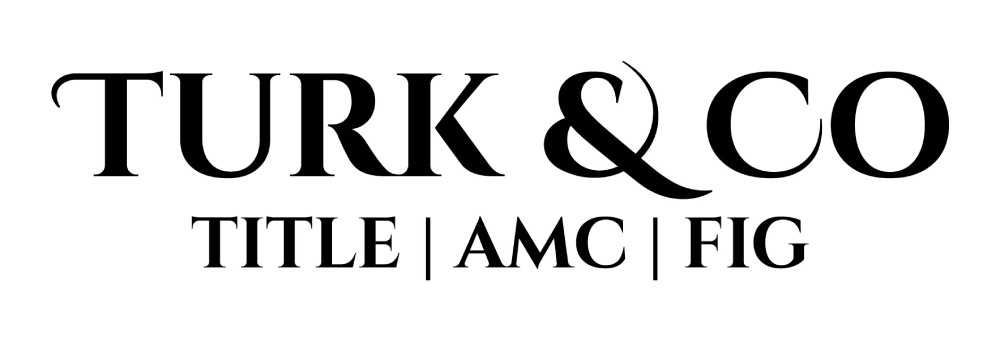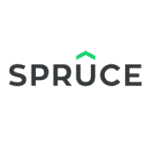I often wonder what people who drive slow in the fast lane are thinking. Do they not realize that others are simply going to pass them -just in the other lane? Do they care? Why do they stay there?
The way our title and settlement services industry works is changing -and changing fast. That change is largely driven by clever applications of new technology, as well as fresh methodologies applied to existing tech. The “hack culture” so common these days is alive and thriving in the world of title. Change almost always produces opportunity, and inevitably some will win and prosper while others will simply not be able to keep up and have to struggle.
Is there a risk some independent title agencies will be left behind? You bet.
Should a title agency owner be concerned? Absolutely.
What happens to family-owned independents in the face of massive tech investment? Are they the ones driving slow in the fast lane? Will they become the next Blockbuster or taxicab company? Will the ostriches even still exist in 5 years without making some drastic changes? Are they the ones going slow in the fast lane? Does it have to be that way?
IS ALL HOPE LOST? NOT AT ALL!
This is not exactly ‘news’ and many smart people have turned their attention towards it. One of the first things Private Equity looks at in terms of a potential acquisition of a title agency is the agency’s technology stack. They are keen to look at ways to apply technology to what they see as a process laden with inefficiency and outdated ways of thinking. In other words, your agency’s technological prowess directly impacts value to PE (less so to strategics since they have their own tech).
Many independents, some production platforms and of course the family underwriters have hopped onto the tech bandwagon. Their goal is to improve the experience of those involved in the title ecosystem.
There is a lot of talk about the importance of ‘relationships’ in the title industry and how physical presence locally is key and much more important than any tech. Is that still as true as it once was in the face of RON? Are consumers expectations the same today as they were ten years ago? Do they really need to sit at a closing table to sign closing docs or are they just as happy to do all that online? Do they like receiving milestone notifications by text or do they want someone to call them?
Turbulent times indeed.
When Gutenberg invented the first printing press in 1440, the common sentiment was, “That won’t work. Almost no one can read -who will buy the books you print?”.
When TV sets first became popular in the US, the common sentiment was, “That won’t work. Why would anyone spend so much money to watch a show when they can go to the Nickelodeon and watch for 5 cents?”.
Do you remember the first fax machines? Everyone said that the technology would never work. The paper curls. The print fades….
Who would have ever thought a telephone would replace cameras?
I think as a society we have a cultural bias against change. Many of us are skeptical by nature.
That only becomes more alarming when one considers how many attorneys there are in the title world (full disclosure -I am a ‘reformed’ attorney). I remember that one of the very first things we were taught in law school was to ‘follow the precedent’. If you break that down, it means that as a lawyer, once you have identified a problem, you must go back in time to see whether someone else had the same or similar problem and then copy that solution. This ‘training’ tends to inhibit creativity in some and is not exactly the training that would make one receptive to creative or new ways of doing things!
What do all the tech advancements mean to a local independent title agency with a limited IT budget? Are they doomed? What can they do?
There are all different kinds of technologies relevant to title.
Some tech works hand in hand with the basics of title and actually helps enhance the business relationships needed to make a title agency work well. This tech-forward approach bodes well for those who have adopted it, making transactions better, faster, and less expensive for both the adopter and the end consumer. It’s not only what today’s consumers want, but also what they expect. Spruce, a proptech company powering online real estate transactions, is a successful example of this technology. The company is building the digital infrastructure to bring an analog process online:
Working with forward thinking companies, you have to recognize that there’s a shift going on—from what has historically been a completely offline and local ecosystem, to one that is online and scalable. As this gradually becomes the expectation and not the exception, companies that hesitate to embrace this change and improve their customer experience will ultimately be left behind.”
-Patrick Burns, (CEO and co-founder of Spruce)
Other tech seeks to help independents compete by offering cloud based solutions intended to promote efficiency of operation, production, and safeguarding of NPI.
There are many ways a title agency can contend with change. They can sign up with a great tech forward platform. They can use technology to reinforce the value of strong local relationships and empower their closers to market while promoting accountability and consistency of the consumer experience. They can adapt to the changing profile of home buyers and sellers.
“If you can empower a title company to modernize the core of how their back office operates in a way that makes them more efficient, you can drive a dramatically better experience not only for their day-to-day operations, but for the real estate agents, lenders, and homebuyers they work with as well.”
– Nate Baker, CEO & co-founder of Qualia
Some title agency owners decide there is value in selling or merging with another agency. One of the drivers for title agencies who want to sell relates to avoiding being made redundant in the face of change. This ‘fear’ of what is going on around them and being left in the dust can be mitigated by becoming a part of a larger enterprise. While consolidation in the title industry is absolutely sensible, the end is not nigh. Selling does not mean ‘selling out’. Very often, the sellers we represent roll equity (keep a piece) so that they de-risk, help ensure their business remains economically viable and stay in the game in a meaningful and progressive way.
However, selling is only one option, and not always the best. Some of the highest margin title companies we see use technology to their advantage -and combined with clever methodologies can perform quite well even if they are relatively small.
We regularly advise prospective clients not to sell where our evaluation tells us that is the best path for them to achieve their objectives. We believe that no one can ever go wrong doing what is right.
Do we believe tech will replace people in title? No, we do however believe people using tech will replace those who refuse to adapt.
Things are changing and changing fast indeed. In so many ways, this is a time to accelerate or get out of the way.






















 For More information
For More information